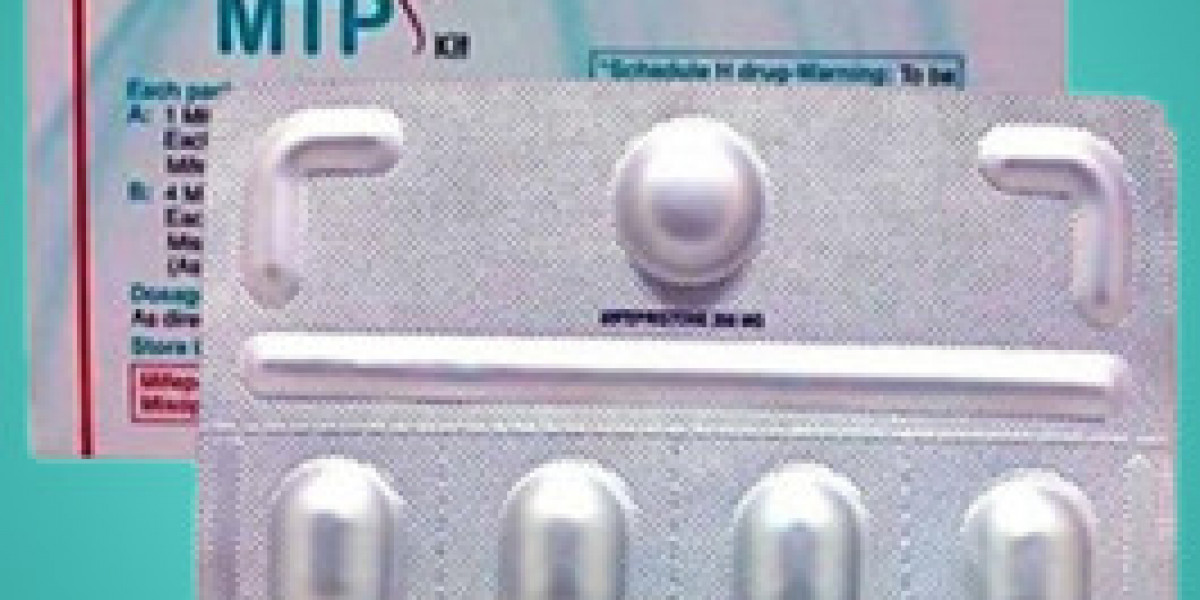Healthcare has traditionally been associated with hospitals, clinics, and laboratories, where patients must physically visit to receive care. While these institutions provide essential services, they often come with challenges—long waiting times, travel inconvenience, and exposure to illnesses in crowded settings. Over the past decade, home-based health solutions have emerged as a transformative alternative, reshaping the patient experience and redefining the way healthcare is delivered. From diagnostic testing to chronic disease management, the rise of home-based services is offering unparalleled convenience, safety, and efficiency for patients around the world.
The Shift Toward Home-Centered Care
Several factors have contributed to the growing trend of home-based healthcare. Technological advancements have made it possible for a range of medical services to be administered outside traditional clinical settings. Telemedicine, portable diagnostic devices, and mobile health applications allow patients to access professional care without leaving the comfort of their homes.
The COVID-19 pandemic further accelerated this shift. Patients became increasingly cautious about visiting crowded healthcare facilities, and healthcare providers sought alternative methods to maintain care delivery. Home-based solutions emerged as a viable option, enabling patients to receive accurate medical assessments, tests, and even treatments while minimizing risk of exposure to contagious diseases.
Convenience: A Core Benefit
One of the most significant advantages of home-based healthcare is convenience. Patients no longer need to navigate traffic, wait in long queues, or rearrange their schedules for appointments. Services such as routine blood tests, vital sign monitoring, and even more advanced procedures can now be carried out at home.
For example, a patient with a busy work schedule can now schedule a nurse to visit at a convenient time, collect samples, and have results communicated electronically. This convenience extends beyond working professionals—elderly individuals, parents with young children, and people with mobility challenges can all benefit from healthcare brought directly to their doorstep.
Enhancing Patient Comfort and Reducing Stress
Hospitals and clinics can be intimidating environments, especially for patients who experience anxiety or discomfort during medical procedures. Home-based care allows patients to receive services in a familiar and comfortable environment. Being in one’s own home reduces stress levels and can improve overall patient cooperation and engagement during treatment.
Children, in particular, often respond better to home visits than clinical settings. Pediatric patients can undergo routine checkups, sample collections, and consultations in a non-threatening environment, which helps build positive associations with medical care from an early age.
Personalization and Continuous Monitoring
Home-based healthcare solutions also allow for more personalized and continuous care. Unlike episodic clinic visits, services at home can be scheduled regularly to monitor a patient’s condition over time. This is particularly beneficial for individuals managing chronic diseases such as diabetes, hypertension, or heart conditions. Continuous monitoring provides healthcare professionals with more accurate data, enabling timely interventions and better overall outcomes.
Remote monitoring devices can track vital signs, glucose levels, and other key health metrics, transmitting the data securely to healthcare providers. This approach allows physicians to adjust treatments proactively rather than reactively, reducing hospital readmissions and improving patient quality of life.
Accessibility for a Wider Population
Home-based solutions break down barriers to healthcare access. In large urban centers, reaching medical facilities can be time-consuming or expensive. Rural areas may lack specialized healthcare services, forcing patients to travel long distances. By providing diagnostic and consultative services at home, healthcare providers can reach patients who might otherwise delay or forego care.
For example, services like pcr at home Dubai have made it easier for residents to get timely COVID-19 testing without visiting crowded clinics or testing centers. This model not only enhances individual convenience but also contributes to broader public health efforts by increasing testing rates and early detection.
Cost-Effectiveness and Reduced Healthcare Burden
While home-based services might seem like a premium offering, they can actually reduce healthcare costs in the long run. By preventing complications through early detection and continuous monitoring, patients may avoid expensive hospital stays and emergency care. Additionally, healthcare systems can reduce strain on overcrowded facilities, freeing up resources for critical cases.
Home-based care can also streamline resource allocation. Nurses, technicians, and telehealth professionals can manage multiple patients efficiently without the overhead of hospital infrastructure. This model promotes cost-effective healthcare delivery without compromising quality.
Technology as a Driving Force
The growth of home-based healthcare solutions is heavily reliant on technological innovations. Mobile apps, wearable devices, and telemedicine platforms allow seamless interaction between patients and healthcare providers. Scheduling appointments, accessing medical records, and receiving test results can now be managed digitally, minimizing administrative delays and improving patient satisfaction.
Artificial intelligence and data analytics further enhance home-based care. Predictive analytics can identify at-risk patients, optimize visit schedules, and recommend preventive measures. As technology continues to evolve, the range of services available at home will expand, making it possible for more complex diagnostics and treatments to be conducted outside traditional facilities.
Addressing Concerns and Ensuring Quality
Despite its advantages, home-based healthcare must maintain high standards of quality and safety. Proper training for healthcare professionals, secure handling of medical data, and adherence to regulatory guidelines are crucial. Accredited providers should ensure that diagnostic tests, such as blood work or PCR testing, are performed accurately and safely.
Patient education is also vital. Individuals should understand the proper preparation for tests, the importance of hygiene during home visits, and how to interpret results with guidance from professionals. Transparent communication between patients and providers fosters trust and maximizes the effectiveness of home-based care.
The Future of Home Healthcare
The demand for home-based health solutions is expected to grow steadily in the coming years. Patients increasingly value convenience, safety, and personalized attention, while healthcare systems aim to optimize resource allocation and improve outcomes. Integration with smart home devices, remote monitoring systems, and advanced telehealth platforms will expand the scope and impact of these services.
Moreover, public health initiatives can leverage home-based solutions to enhance disease surveillance, vaccination campaigns, and preventive care programs. The combination of technology, professional expertise, and patient-centered design positions home healthcare as a permanent and transformative element of modern medicine.
Conclusion
Home-based health solutions are redefining the patient experience, offering a blend of convenience, comfort, and personalized care that traditional clinical settings cannot always match. From routine checkups to advanced diagnostics, the ability to receive medical attention at home is improving accessibility, reducing stress, and enabling proactive health management.
Services such as pcr at home Dubai exemplify this transformation by providing safe, reliable, and convenient testing options directly to patients. As technology continues to advance and healthcare systems adapt, the trend toward home-centered care will only strengthen, creating a more patient-focused, efficient, and compassionate approach to healthcare.
In a world where time is precious and health is paramount, home-based solutions are no longer a luxury—they are a practical, effective, and forward-looking choice for patients seeking the best possible experience.







